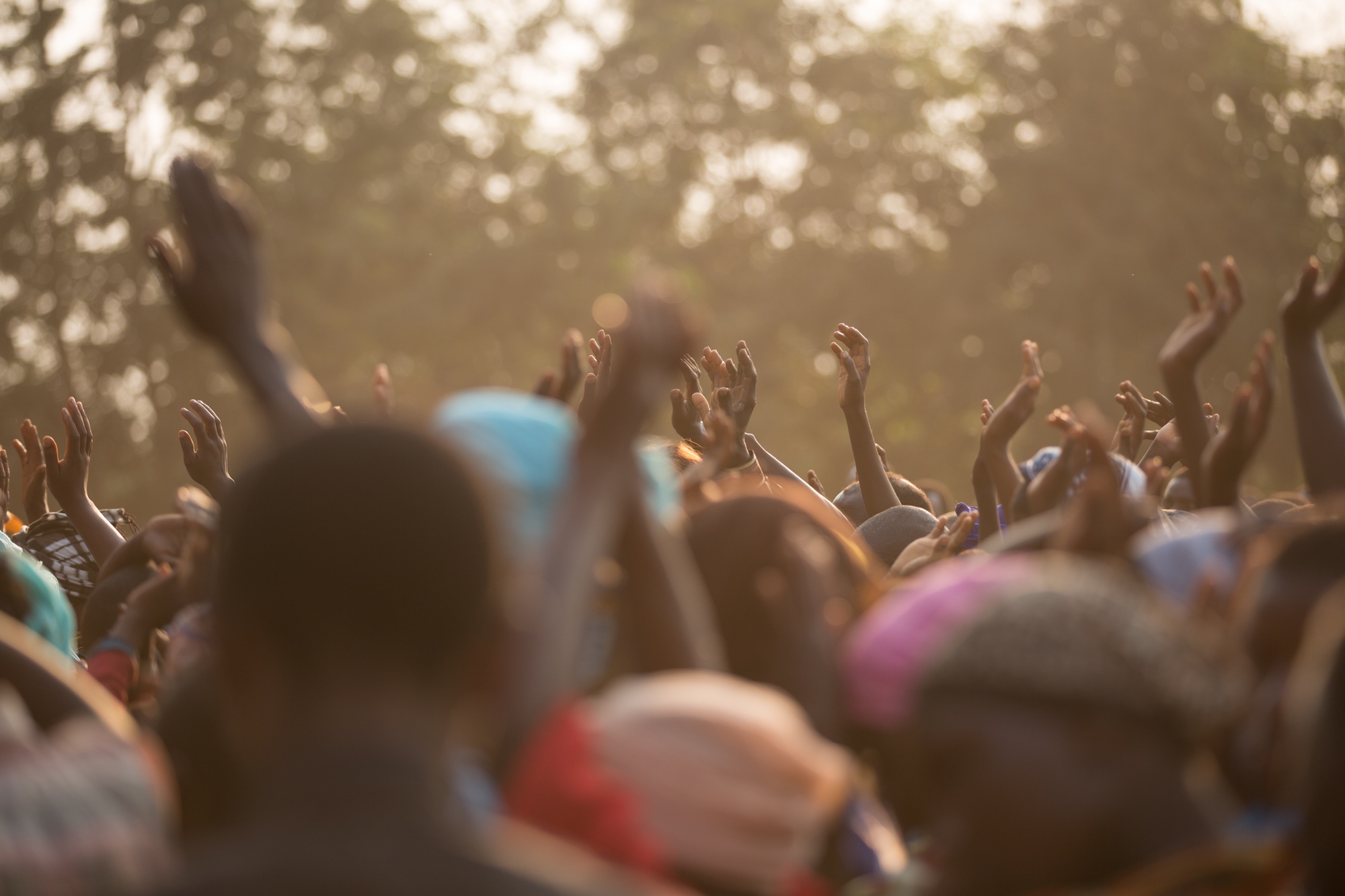The U.S. General Election of 2016 has been stressful for most and torture for many. The months leading up to the disastrous outcome supplied us with vitriolic arguments and constant contention. Some of us have been directly impacted by the state of affairs our nation for years, for generations while others are just now feeling the fire, post-election. Some of us were shocked, others are not surprised but disappointed. Postings on social media and articles in major news publications have called this election divisive. They’re right. But the divisiveness and division plagued our communities for generations.
We’ve always been stronger together and now is as good a time as any to exercise this strength. It’s easy to let our feelings dominate us and react, especially when people’s safety is at risk. And it’s easy to get defensive. Some people deal with this by avoiding all information and actively disengaging from the issues. Others inundate themselves with information, mobilize, and march for justice. Some people are relieved Clinton lost. Others are devastated. Many felt that neither candidate was suitable. Let’s use this process as a way to learn how to be better with and for each other. Instead of avoiding conversations and each other, let’s use this to make us stronger, to help us see what else needs to be done, and to take responsibility for ourselves as part of the solution. Here are a few suggestions to stay grounded and connected to loved ones during this time:
- Put your energy into action to ensure that you’re doing everything you can. If you’re angry and scared, find out how you can translate that energy into something that will make you feel productive and empowered. If you’re tired of fighting, rest and ask your network to hold your torch for a while.
- Don’t get lost in self-blame if you didn’t vote, if you didn’t participate in activism or social justice activities, or if you don’t live your life in the margins. Instead, educate yourself on what next steps need to be taken and take them.
- Don’t just apologize to your Muslim, POC, LGBQ, Trans, Undocumented, Migrant, Sexual Assault Survivor, Female friends. Ask what you can do to support them. Fight alongside them.
- Have conversations about this with others if you feel up to it and give yourself permission to walk away if you don’t.
- Remind yourself that it is not your job to take care of your friends’ feelings if they are experiencing white guilt, straight guilt, privileged group guilt, etc.
- Donate your time, your energy, and your resources.
- Keep talking. Be compassionately curious about other people’s experience. Ask questions and communicate with others about why they believe what they believe. This is to lay the groundwork for empathy and understanding. Both are critical in productive communication and soltution-finding. When we shut down and stop talking, stop listening, we cut ourselves off from finding workable solutions.
- Educate others where you see a need for it. Much of the research has shown us that our nation is in this position of making hate/fear-fueled choices based on a severe lack of education and lack of exposure to diversity.
- Respect others’ grieving processes and how they choose to express it. Be sensitive to their needs and experience. Everyone’s process is different.
- Remember to engage your self-compassion. Check in with yourself and give yourself what you need as you become aware of it. When you need soothing or validation try repeating to yourself, “Even though I am feeling________________, I deeply and profoundly accept myself.” Self-compassion is a fundamental resource available to us.
- Identify and surround yourself with whatever and whoever connects you to hope.
And please let me know if you need anything. I’m always here.
Love and Be Loved,
Natalie
